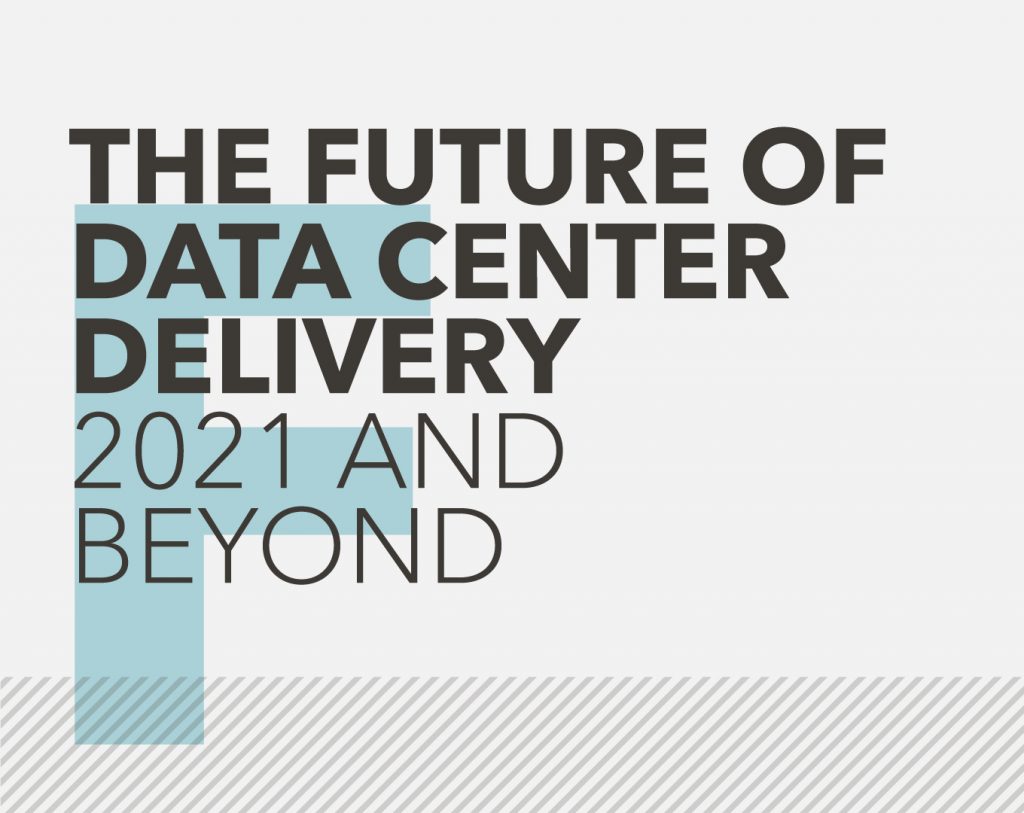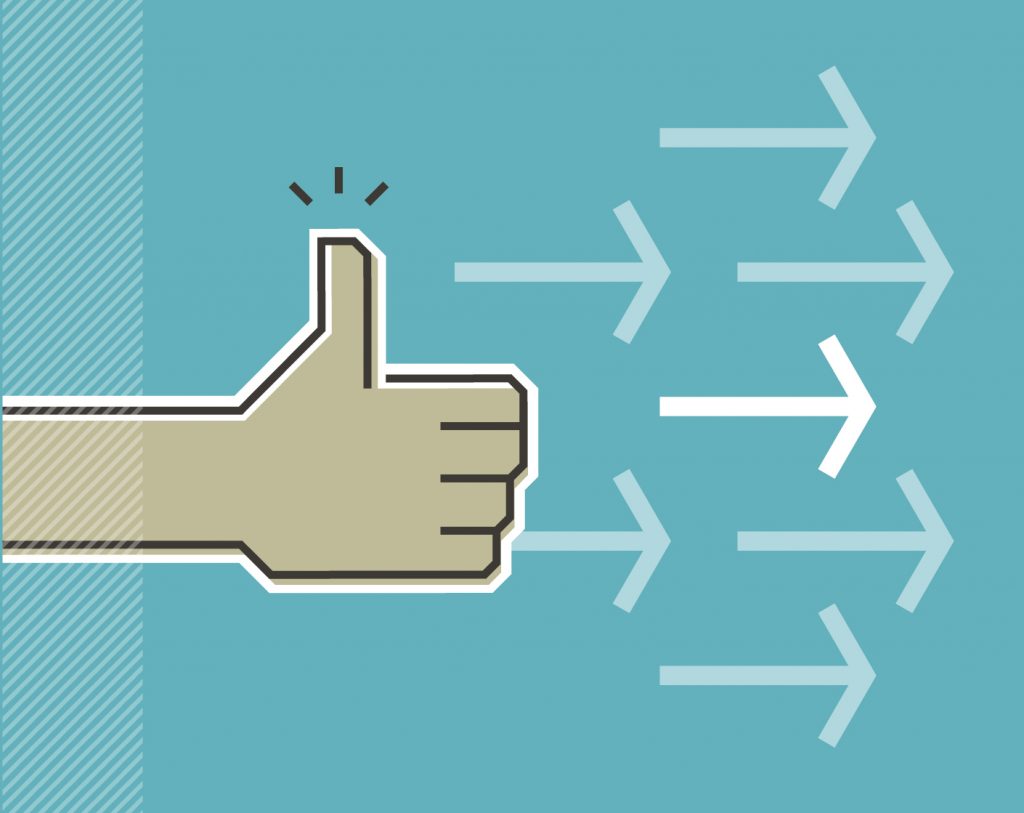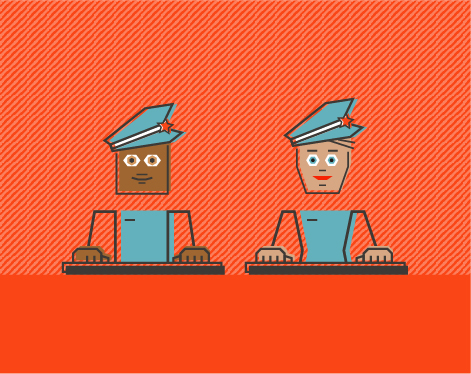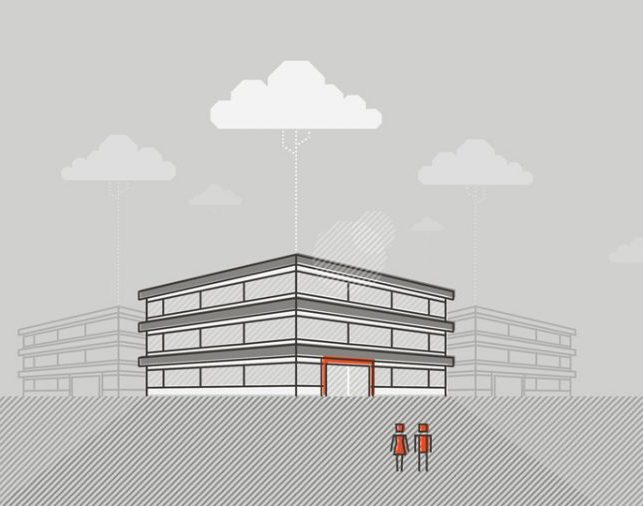The right way to approach virtual deals
By: Ailish McDonnell

And there it is! The perfect spot. You could point to it on a map. That’s where we’ll build your data center.
If only it were as easy as that.
Finding a prized location for real estate development can be a rigorous investigation. Hours of research are poured into the process; longlisting, shortlisting, negotiation and the final handover. And at Yondr, we want to understand the ins and outs of a location before we lay foot on the ground.
Fortunately, I’ve always loved the opportunity to dive deep into the research, and this year that step became all the more important.
No one really wants to buy a piece of land they haven’t walked on. There’s something significant about being able to explore an area in-person, ask the right questions, and nurture relationships with project partners. So when the pandemic struck, we found ourselves doing things quite differently in the development team; presentations became webinars, vital face-to-face meetings turned into Zoom calls.
One thing we’ve never underestimated at Yondr is the importance of strong, collaborative relationships. It was this emphasis on culture that enabled us to embrace a remote setup without hesitation, and continue to serve our clients through the pandemic.
Here’s what we learned about securing deals in 2020.
Our operational approach
When it comes to real estate, some things will never change. Pandemic or not, the initial research that goes into finding and securing a piece of land should always be a top priority.
Except, last year, we weren’t able to do it on location. That could have made things extremely difficult but instead we dug deep and found unconventional solutions.
We found ourselves thinking outside the box more regularly. And with extra time on our hands to explore locations digitally, we could hone in on the best possible spot for our clients, and begin addressing potential constraints before they became a challenge.
By implementing a Geographic Information System (GIS), we were able to fill knowledge gaps left by the lack of site visits. This software enables us to track markets, view existing data center infrastructure and link it to fibre and power stations. When it comes to whittling down site options, this system means we can move remarkably quickly, and is something we’ll continue to embrace post-pandemic.
Our social approach
Understanding the people we work with is equally as important as understanding the terrain. Certain cultures appreciate being able to sit down and shake hands over a deal – virtually impossible during a pandemic. We emphasised going the extra mile for those clients who enjoy the in-person reassurance, and made sure there was always a Yondr person present at events and meetings.
This is why hiring local talent is so important. Having people on the ground who embody the Yondr message, understand the nuances of a location, speak the language, and can be available to clients means projects continue at their usual pace.
Switching the office desk for the kitchen table last year also meant we were more active online. Communications between clients, partners, and colleagues moved along faster, which was a surprising advantage. But constantly being switched on isn’t sustainable. As operations return to their usual flow, this is something we’ll need to address in order to protect the mental health of staff, and manage client expectations.
What we’ll take into the future
While the process of striking a deal hasn’t changed, the approach has. Accessibility is key; having Yondr people available for remote presentations, calls, and communications says to our clients “we’re committed to you and your project”.
But it also means we don’t miss a beat. We know the latest on project progress at all times, and we understand exactly what clients need from us.
Sooner or later, every project needs a face-to-face meeting, and I’m excited to get back out there. But if the past 12 months have shown us anything, it’s that Yondr’s people are more than capable of keeping up the pace in the face of adversity.
Maybe now, the question is whether we’ll need the usual 10 face-to-face meetings, or just a few to get things rolling. We’ve become more conscientious of our time, and particularly our time spent travelling. We’re keen to reduce our impact on the environment, but equally we want our clients to feel fully supported.
For the first time last year, we didn’t have the option to make a quick site visit if we felt it was necessary. And we had to find new ways to keep our projects moving at a distance. But the team made it possible. Our strong relationships kept us focused on the end goal, and enabled us to work collaboratively. The precedent for transparent, honest conversations between colleagues and clients was set long before the pandemic, and it continues to serve us.



